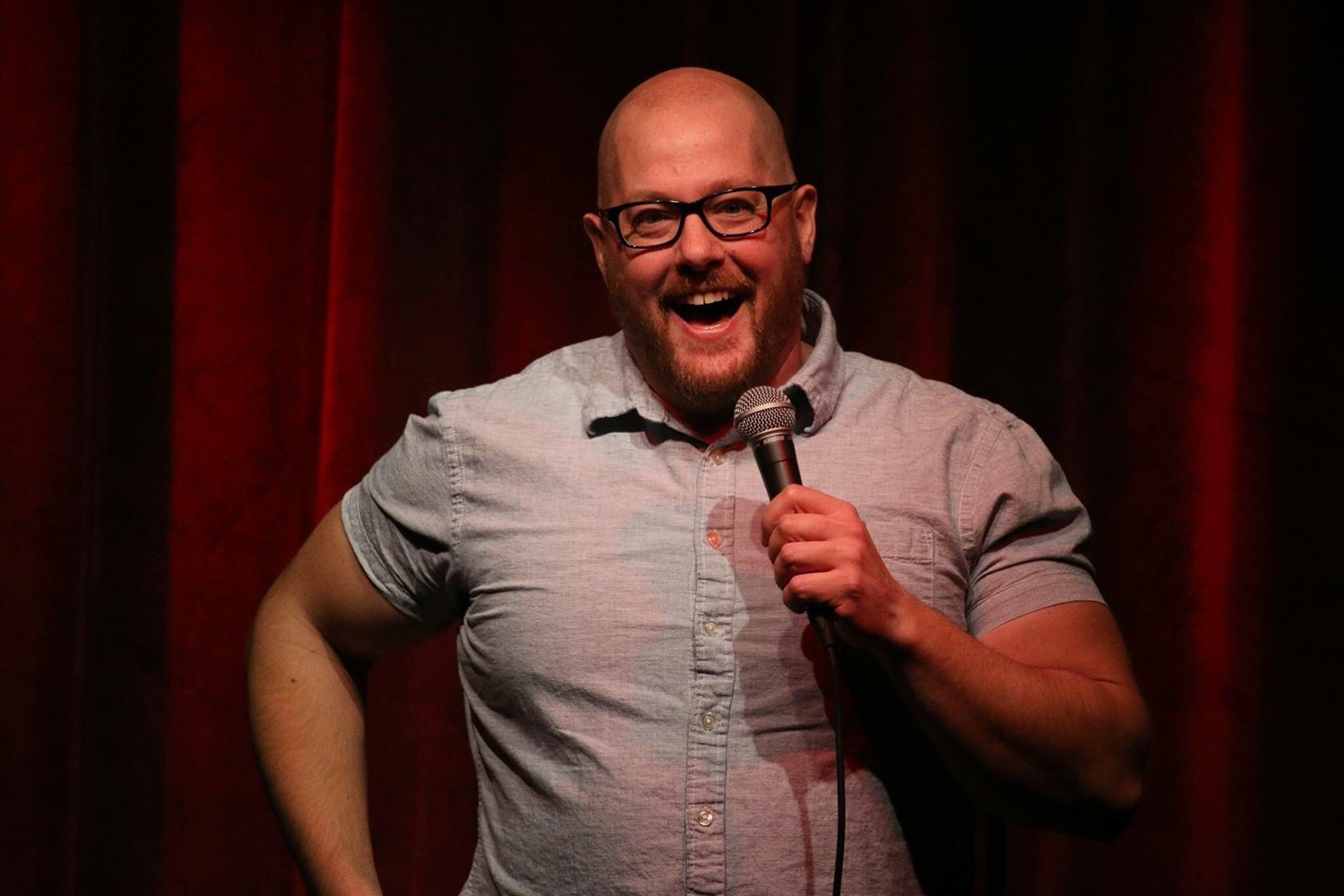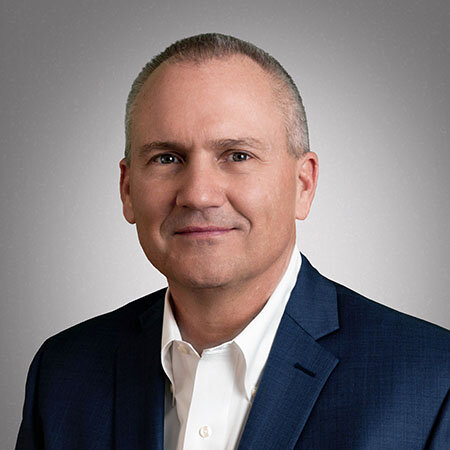About Ken Teasdale
Ken Teasdale is an audit partner responsible for audit, review and compilation engagements which include large privately held corporations, partnerships and employee benefit plans. Ken currently leads the cannabis audit practice at Armanino. Previously at LaRue, Corrigan, McCormick & Teasdale LLP, Ken managed the audit department and was responsible for maintenance and compliance with the firm’s quality control practices and procedures for 15 years. Prior to this, he was the chief financial officer for a publicly traded in-line skate company and was instrumental in the company’s initial public offering. He also served in a variety of roles at Grobstein, Horwath & Co. LLP. Ken was the former Chairman of Camp Ronald McDonald for Good Times, and is a current board member (and former Chairman) of the Child and Family Guidance Center, where he is Chairman of the Finance Committee. In 2019, Ken received the Public Service Award from the California Society of Certified Public Accountants, and was named as one of the “40 in their 40’s” leading accounting professionals by the Los Angeles Business Journal. Ken is a member of the American Institute of Certified Public Accountants and the California Society of Certified Public Accountants. He received a Bachelor of Science degree in Business Administration, Option: Accounting Theory and Practice from California State University Northridge.
[The transcript begins at Segment Two because that’s when our Tech Wizard (otherwise known as “Ed”) hit the record button].
Ed’s Questions: Segment Two
And we are back with accounting and auditing partner Ken Teasdale from Armanino, who specializes in the cannabis space. Ken, this is an issue near and dear to my heart. Full disclosure, I'm a full-on Libertarian, capital L Libertarian. But I have a very strange, let's call it Venn diagram, and that I'm a Libertarian who has never consumed, in any form, marijuana and never fired a gun. That's a very limited circle for those three intersections, but I understand now that marijuana is to some degree legalized in 45 out of 50 states, I believe, but it's still a Schedule I drug, which there is no scientific evidence, not even worthy of study at the federal level. This certainly has to cause complications with regard to things like taking MasterCard or Visa, and things like that. So talk a little bit about the complications that are laid out because of this, as [Justice] Clarence Thomas put it, “unsustainable legal regime.”
I would have you pause there, because I can only imagine them showing up at the tax office with a duffel bag of cash and the state employees going, “Oh my god, what do we do now?”
It literally sounds like a scene out of Breaking Bad. But, yet legally in the States. And I assume that things are going to get corrected probably in the next couple of years at the federal level and make this because it is really unsustainable. Question for you, though, you mentioned that they're looking to go vertical, a lot of these companies looking to go vertical. So are there restrictions in some states that you're aware of that do make it more like the alcohol industry, or like cars, you can't manufacture and sell a car in the same state. So are they trying to break up the distribution networks so that can't happen?
Okay, but you can stay in your state vertically. So it's okay to be a vertical within many states, correct? [Yes].
Okay, interesting. I want to also ask you about the sales tax issue. It has to be completely confusing, especially when you lay Wayfair on top of this?
Which leads to my next question, I'm sure you're aware that, bizarrely, in the state of California they have proposed, if I have my numbers right, a $100 million bailout of the cannabis industry because of the compliance issues that are on them. And they say mostly because of the cost of compliance of all of this stuff. And what perplexes me is that they had to have seen this going in; that putting all of these restrictions on this was going to cause this to be a huge problem from the get go for essentially what is a weed, it really is a weed, it will grow anywhere?
Well, I mean, the great example that I've heard is, take a bottle of water and say, “If this bottle of water is worth three or four times the amount over on this side of the room than it is on that side of the room,” there's a heck of a lot of economic incentive for getting this bottle of water from this side of the room to the other side of the room. And the same thing with cannabis, too, right?
And then ultimately having the exact opposite effect that you want to have on the health and safety issue. Because what you're encouraging then is for it to go underground and not have the regulation to make sure that the stuff that people are using is pure and is not going to harm them in some way.
I would argue that it's perhaps even safer because most people that I have seen on marijuana don't want to get behind the wheel of a car and drive. They're more paranoid about anything and then stay wherever they are, and they will Uber into the McDonald's. Anyway, we're up against our next break.
Ron’s Questions: Segment Three
Welcome back, everybody, we're here with Ken Teasdale, the audit partner at Armanino, and head of the cannabis group. We're getting a master's degree in cannabis. Ken walk us through some of the tax complications. These guys can only deduct cost of goods sold at the federal level and can't deduct anything else. Is that right?
And what are some of the strategies to help these folks get around that?
Ken, we were talking on the break about Canada, and I've read that there are several IPOs [Initial Public Offerings] up there. What's been your experience with the Canadian market?
That's interesting. How did the industry do through COVID, this last year-and-a-half?
Have you seen any subscription plays in this market, where people can sign up and get regular shipments, like you can't with Harry's Razors and things like that?
For sure. You want the annual recurring revenue, right? I know [Senator] Chuck Schumer has thrown a bill into the hopper to legalize marijuana at the federal level, but he also sets up a federal regulatory regime, and the federal tax regime. Any chance of this happening, do you see, within the Biden administration?
That will be a shot in the arm, won’t it, for the industry?
Do you think the stock markets will allow them to list?
Ken, I see a lot of smaller firms moving into this niche and specializing in it because, like you said, it's growing. I know Armanino was like the 21st, it may even be higher now, ranked firm in the country in the top 100. How many of the other top 100 firms are playing in this space as well?
That's fantastic. Well, Ken, this has been great. Thank you so much for coming on The Soul of Enterprise and educating us on this fascinating industry, its future looks bright. Looks like the Gold Rush has come back to California.
Ed’s Questions: Segment Four
And we are back with our last segment with Ken Teasdale. Ken, you mentioned in talking with Ron that you really think that the first step in this big unraveling and getting that more normalized is, I guess, the repeal, or at least the de-scheduling of marijuana from the Controlled Substances Act of 1970. If you were the Wizard of Marijuana Oz, and were to give a program for how to start to dismantle all of the craziness. After that, what comes next? What would be the best process to get this optimized as quickly as possible, in your view?
What about the notion that cigarette smoking is on the decline? Is it also the case that marijuana, the ingestion of marijuana through smoking it is also on the decline? And we're seeing much more of an increase in either edibles, or even vaping? Is that where the innovation is happening in the space?
The other thing I want to ask you about, you may not have too much because it’s not related in any way to the business side of it. But what do you think happens from the criminal justice standpoint in terms of all of these folks who are in prison for marijuana violations, which are no longer active, and let me ask you that question because I have a follow up to that that's related?
The mandatory minimums law was a complete disaster. And interestingly enough, so were a lot of the war on drugs stuff that, ironically, Joe Biden was a big part of, and even the Congressional Black Caucus was a huge proponent of these laws when they were first passed. Really interesting to see how that's coming full circle.
So that leads me to the follow up question. Do you have any idea what the exposure is, in the past or in current cases, of the civil asset forfeiture that's been involved in the marijuana industry? I mean, it's got to be a huge number.
Does that still happen? Have you had customers that have had that problem happened to them? When a state decides to get involved? Or even the feds, because they've still been involved in some of those cases relatively recently, in the last four or five years?
We had one thing down here in Texas with a friend of a friend of our family that owned a shop that they sold. It wasn't marijuana, it was the infused spice that they would do. And it was not supposed to be consumed. But everyone knew, wink-wink nod-nod, and a huge civil asset forfeiture case that was involved in that. So really, really, bad stuff. So, the future is bright for cannabis you're thinking, and that will continue to be the case for the foreseeable future?
Including the former Libertarian candidate for president, Gary Johnson, who ran an extraordinarily successful real estate and construction company in his home state. And now has shifted over to marijuana. So there you go. But no surprise there, I suppose.
But the question is will there be red and blue companies? Because, you know, we have to now divide everything. I think marijuana is going to be much more ubiquitous, more equal opportunity than a lot of people think.
Alright. Well, Ken Teasdale, thank you so much for appearing on The Soul of Enterprise. Really appreciate you spending time with us today and educating us on this fascinating industry. Ron, what do we got coming up next week?
Ron
We're going to be talking to economist Anthony Davies, Ed.
Ed
All right, Ron, I'll see you in 167 hours.
Bonus Content is Available As Well
Did you know that each week after our live show, Ron and Ed take to the microphone for a bonus show? Typically, this bonus show is an extension of the live show topic (sometimes even with the same guest) and a few other pieces of news, current events, or things that have caught our attention.
This week is bonus episode 350 - Cuba and Cleveland. Here are a few links we discussed:
Biden repeals “wet foot, dry foot” approach to Cuban immigrants
Scott Lincicome, and Veronique de Rugy and Adam Thierer on Industrial Policy
Click the “FANATIC” image to learn more about pricing and member benefits.










